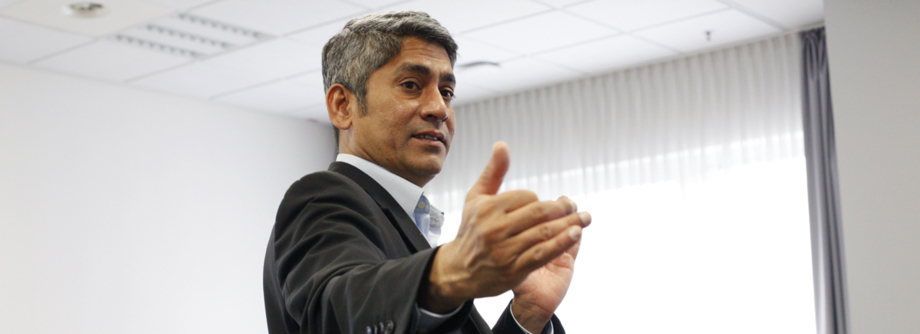ns
Managing Diversity - Diversity Management in Non-Profit Sector
“…I am not a strong proponent of this kind
of formal ROI(return of Investements) analysis concerning diversity-related change efforts. My reasons are twofold.
First, the isolation of specific effects of diversity-related change work on something as
complicated as profits or net surpluses of firms is extremely difficult. Usually, too many things
are changing at once to really know the impact of any one effort. Secondly, too much focus
on this motive for diversity worktakes attention away from what I believe are more
straightforward reasons, such as to ensure fairness, to remove diversity-related barriers to
productivity (such as stereotyping ), and to reduce poverty (with all of its associated ills)”*.
*Vielfalt im Gespräch. Dr. Taylor Cox Jr. Wissenschaftler, Berater und Diversity Pionier. Quelle: Bertelsmann Stiftung (2007): Synergie durch Vielfalt. Praxisbeispiele zu Cultural Diversity in Unternehmen. Gütersloh
Context
Migration processes und demographic changes create constant challenges and changing perspectives to social work, social pedagogy and to the ways in which social institutions and establishments function. Further challenges arise when we take into account the diversity of societies based on peoples’ gender, sexual orientation, religious background, social status and physical or mental challenges. This communal and social diversity requires differentiated and professional knowledge of issues related to dealing with difference. It critically calls into question the rather lax integration oriented understanding and dealing with societal diversity and diversity at workplace. Due to a lack of differentiated and clear knowledge and effective measures to deal with diversity, the potential lying behind societal differences goes unrecognized. As a result lop-sided assumptions, stereotypes dominate discussions and measures based on such assumptions – both on the individual and structural levels. In the recent past, therefore, there have been calls to implement diversity management measures also in non-profit organizations, local communities and NGOs. This calls for a change in perspective of the current integration practices: moving away from a perspective of ”integration” (which individualizes challenges posed by differences in society) closer to a perspective of “social inclusion” (which allots the task of building an inclusive future on all persons and stakeholders involved) .
Themes with in the Training Modules und other Diversity Development Strategies
- History and Developmental Phases of Diversity Management
- Diversity Oriented social Institutions : Instruments and Measures
- Advocacy and business Dimensions of Social- und ethical Management
- Work-Life Balance
- Diversity Developmentplan – individual und institutional implementation Strategies
- Indicators of inclusive social Insitutions
- Dealing critically with negative Stereotypes and dominant Ideologies
- Change- und Process Management
- Conflict Resolution
- Checklists und Aktionsplan- Gudielines for Practise- Individual and Institutional
Target Groups
- Directors and Decision-makers in Social Institutions
- Trainers and Consultants
- Human Resource Managers
- Works Council Members
- Integration Commissioners
- Senior project Managers in Non-Profit Organizations
Aim of all diversity development programs is to increase the Capability of all involved, on all levels to appreciate the chances and face the opportunities of a diverse heterogeneous community (owing to ethnic origins, gender, Age, physical and mental challenges, religious affiliation etc.). Participants learn to plan and implement specific diversity management measures and together with other colleagues at work place implement them also on the institutional level.
Additional Services
Besides organizing trainings and organizational and personnel development programs we also undertake commissions for lectures, expert inputs, key note addresses at conferences, seminars and
workshops. We welcome requests for developing and implementing joint educational projects or events (conferences, lecture series/teaching tasks) in anti-discrimination and further diversity
development programs.
Interested individuals and groups may contact us to organise trainings in their institutions, get themsleves trained as Diversity Development Managers/Trainers or incorporate diversity training modules into their learning programmes and/or introduce diversity related programmes in their organsiational development schemes.


